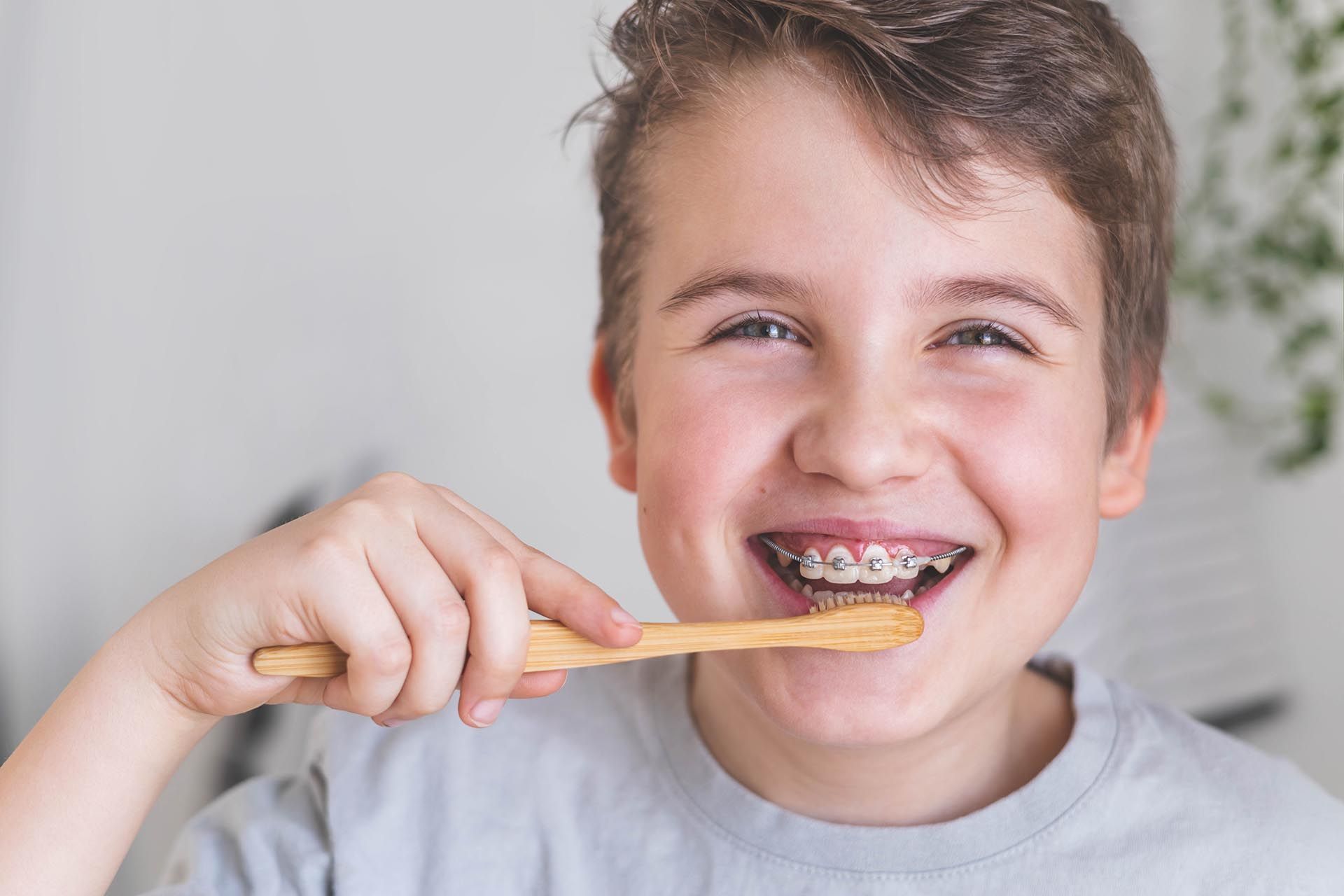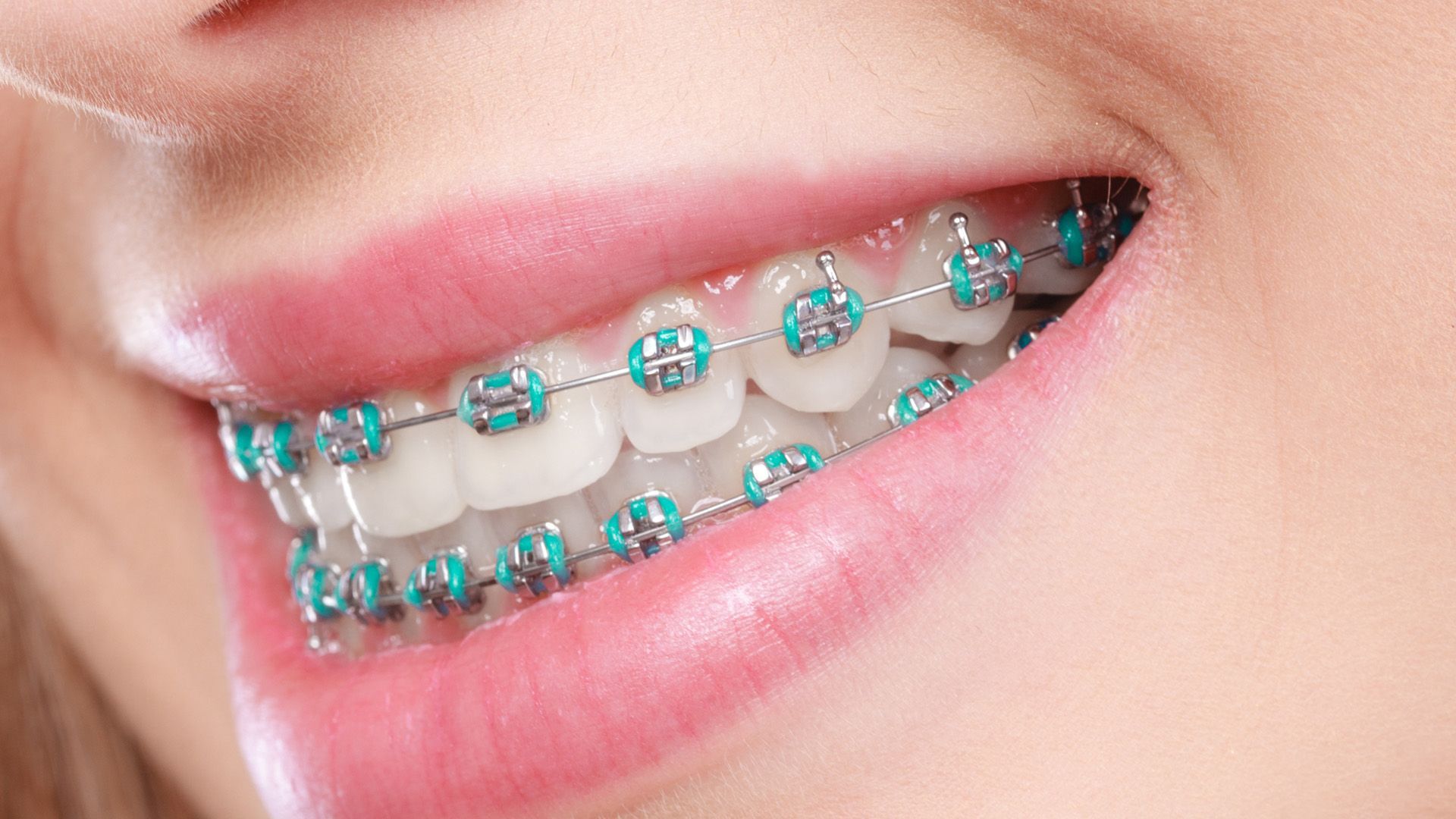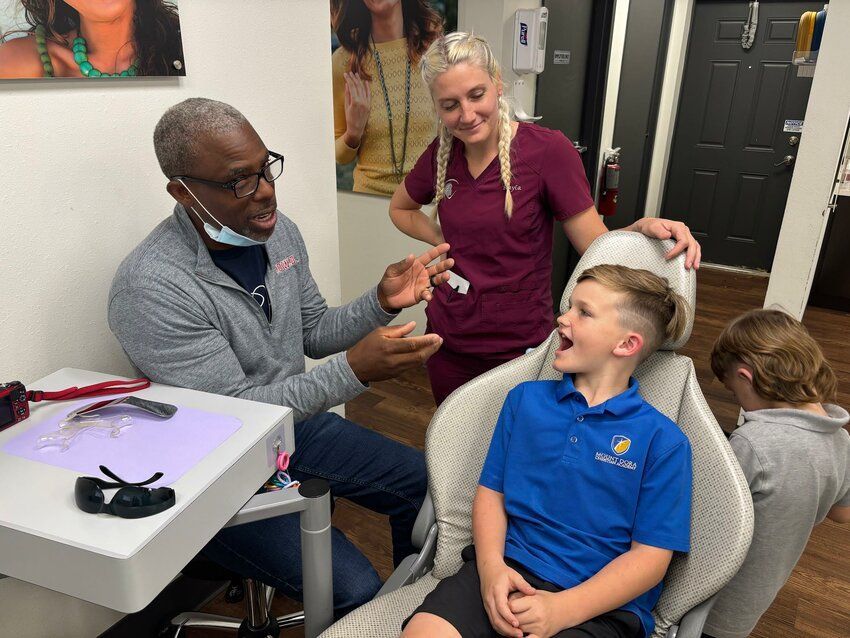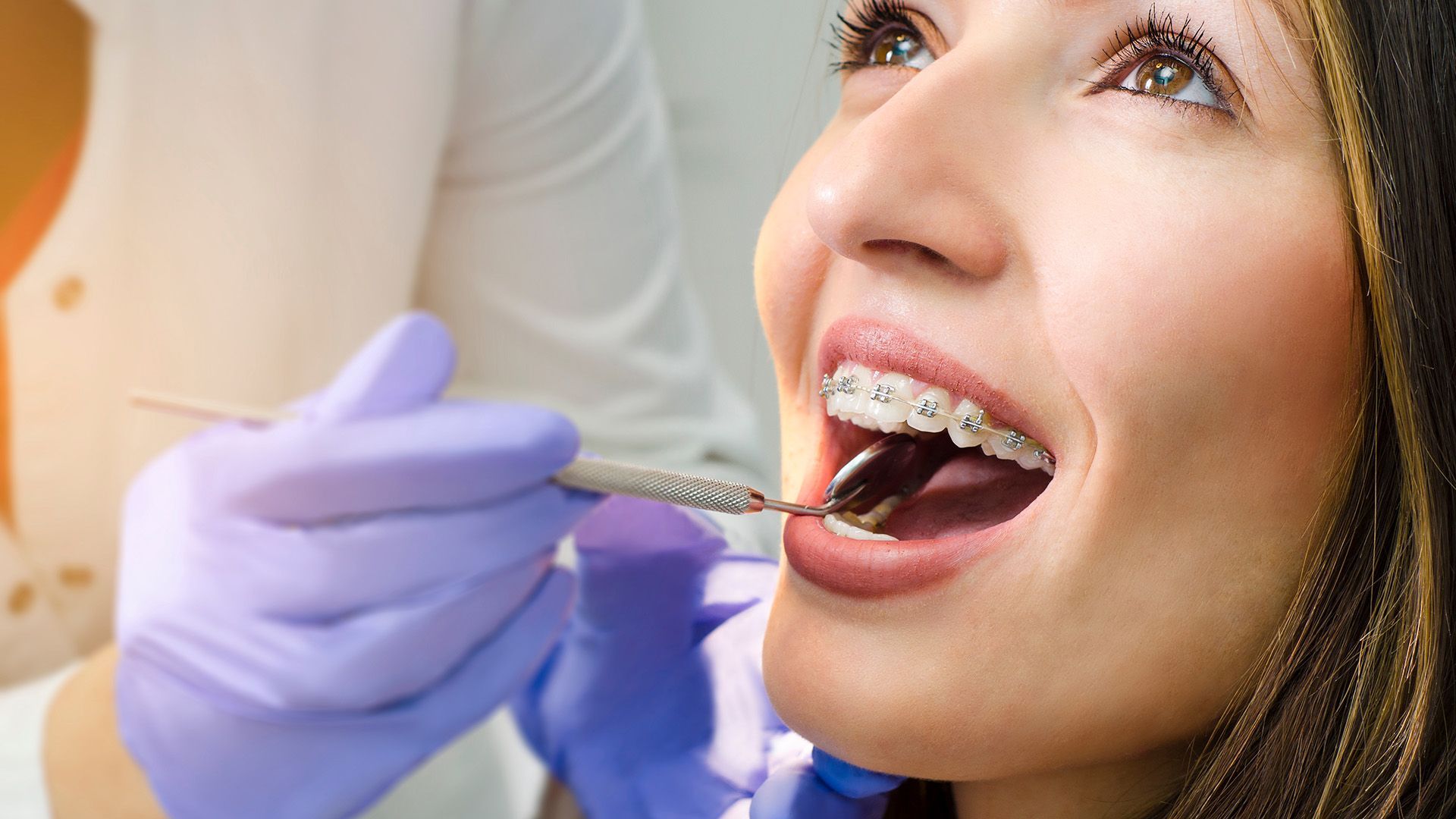How to Properly Brush Your Teeth with Braces
Proper oral hygiene is crucial when you have braces. Not only does it keep your teeth clean, but it also helps prevent gum diseases and tooth decay. How do you brush your teeth with braces? Brushing with braces requires extra care and attention to ensure that every nook and cranny is thoroughly cleaned. This guide will provide you with a step-by-step approach on how to properly brush teeth with braces. We will also discuss the importance of maintaining good oral hygiene, offer additional care tips, and emphasize the significance of regular dental checkups. By following these guidelines, you can maintain a healthy smile throughout your orthodontic treatment.

Importance of Brushing with Braces
During orthodontic treatment, maintaining good oral hygiene is essential for the health of your teeth and gums. How do you brush teeth with braces? Brushing with braces can be more challenging, but it is crucial to ensure that your teeth stay clean and free from plaque and food particles. Let's explore the benefits of maintaining good oral hygiene during orthodontic treatment, the challenges braces can pose for brushing, and the consequences of inadequate brushing.
Maintaining good oral hygiene while wearing braces offers several benefits. Firstly, it helps prevent tooth decay and gum disease. The brackets and wires of braces can create areas where plaque can easily accumulate, leading to cavities and gum inflammation. Regular brushing helps remove plaque and prevents these problems.
Braces can make brushing more challenging due to the presence of brackets and wires. It may take more time and effort to clean your teeth thoroughly. Using an orthodontic toothbrush with soft bristles and an interdental brush can help you reach difficult areas and remove plaque effectively.
Inadequate brushing with braces can have serious consequences. When plaque is not removed effectively, it can lead to white spots on the teeth, which indicate early tooth decay. Additionally, inadequate oral hygiene can cause gum inflammation, bad breath, and staining of the teeth. These issues can compromise the success of your orthodontic treatment and affect the overall health of your mouth.
To ensure you are brushing your teeth with braces properly, it is recommended to brush after every meal or snack, using a fluoride toothpaste. Pay extra attention to clean around the brackets and wires, and don't forget to floss daily to remove plaque between your teeth.
Step-by-Step Guide to Brushing with Braces
When you have braces, it's important to maintain good oral hygiene to keep your teeth and gums healthy. How to brush teeth with braces properly? Here is a step-by-step guide on how to brush teeth braces:
Choosing the right toothbrush and toothpaste for braces: It's essential to use a soft-bristled toothbrush that can easily reach around the brackets and wires of your braces. Look for a toothbrush with a small head to maneuver easily in your mouth. For toothpaste, opt for a fluoride-based one to strengthen your teeth's enamel.
Proper brushing technique for braces: Start by rinsing your mouth with water to loosen any food particles. Then, apply a pea-sized amount of toothpaste to your toothbrush. Hold your toothbrush at a 45-degree angle and gently brush along the gum line. Clean each tooth individually, moving the bristles in small circular motions. Be sure to brush both the outer and inner surfaces of your teeth, as well as the chewing surfaces. Pay extra attention to the brackets and wires, using gentle pressure to remove any plaque or food debris.
Recommended brushing frequency and duration: To maintain optimal oral health, it is recommended to brush your teeth with braces at least three times a day. Brushing after every meal is ideal to prevent food from getting stuck in your braces. Aim to brush for a minimum of two minutes each time to ensure a thorough cleaning.
By following this step-by-step guide, you can effectively brush your teeth with braces and keep your smile healthy throughout your orthodontic journey.
Additional Oral Care Tips for Braces
When it comes to taking care of your braces, there are a few extra steps you can take to ensure a healthy and beautiful smile. Here are some additional oral care tips to keep in mind:
Using interdental brushes or floss threaders to clean between braces: Cleaning between braces can be a bit challenging, but it's important to remove any food particles or plaque that can get trapped. Interdental brushes or floss threaders can help you reach those tight spaces and effectively clean between the brackets and wires.
Benefits of incorporating mouthwash into your oral care routine: Mouthwash can be a great addition to your daily oral care routine. It helps to kill bacteria, freshen your breath, and reduce the risk of gum disease. Look for an alcohol-free mouthwash to avoid any potential irritation.
Avoiding certain foods that can damage braces: It's important to be mindful of the foods you eat while wearing braces. Hard, sticky, or chewy foods can damage or break the brackets and wires. Avoid foods like popcorn, nuts, hard candies, and gum. Opt for softer alternatives and cut fruits and vegetables into smaller, bite-sized pieces.
By following these additional oral care tips, you can maintain good oral hygiene and keep your braces in excellent condition. Remember to brush your teeth thoroughly after every meal and visit your orthodontist regularly for check-ups and adjustments.
Maintaining Regular Dental Checkups
During orthodontic treatment, regular dental checkups are crucial to ensure the health and progress of your smile. These visits allow your orthodontist to monitor your braces and address any concerns or issues that may arise. Here's why maintaining regular dental checkups is so important:
1. Monitoring Progress: Your orthodontist will closely examine your teeth and braces to ensure that they are working effectively. They will check for any signs of misalignment, gaps, or other issues that need attention. Regular checkups help in tracking the progress of your orthodontic treatment and making necessary adjustments.
2. Preventing Dental Problems: With braces, it can be challenging to clean your teeth thoroughly. Plaque and food particles can easily get trapped, leading to the risk of tooth decay, gum disease, and bad breath. Regular dental checkups allow your orthodontist to clean your teeth more effectively, reducing the chances of developing dental problems.
3. Addressing Concerns: If you have any concerns or issues during your orthodontic treatment, regular dental checkups provide an opportunity to discuss them with your orthodontist. Whether it's discomfort, broken brackets, or difficulty brushing, your orthodontist can offer guidance and solutions to ensure your treatment continues smoothly.
When you visit your orthodontist for a dental checkup with braces, you can expect a thorough examination of your teeth, gums, and braces. X-rays may be taken to assess the progress of your treatment. Your orthodontist will also provide guidance on proper oral hygiene techniques and answer any questions you may have.
Remember, maintaining regular dental checkups is an essential part of your orthodontic journey. It helps ensure the success of your treatment and keeps your smile healthy and beautiful. If you have any concerns or issues, don't hesitate to discuss them with your orthodontist.












